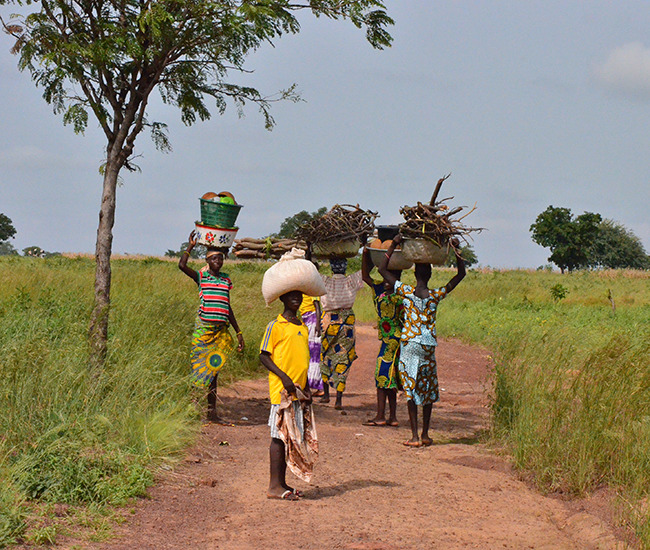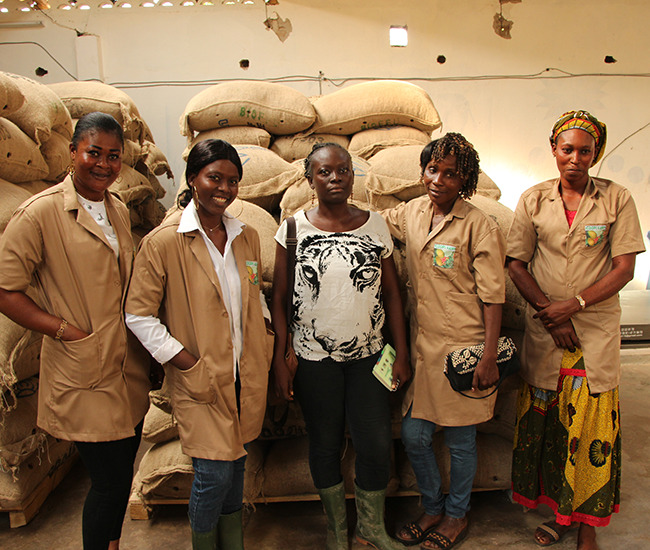A long-standing engagement in support of nomadic livestock farmers
AVSF has been working in Mali since 1983 in support of transhumant livestock farmers, smallholder families, and smallholder organizations to help them secure access to food and generate income in disadvantaged regions. AVSF carries out projects in five regions in Mali and has developed a recognized program for establishing local veterinary services for livestock farmers and for supporting pastoral organizations within a context of recurrent food and climate crises. AVSF assists livestock farmer organizations and local authorities in designing and implementing concerted plans for pastoral development: pastoral water use, securing transhumance routes, regenerating fodder resources, creating cattle markets, etc. An innovative system created by AVSF also offers mobile animal and human health services to pastoral populations.
Supporting agriculture for food production
AVSF also works to improve animal (poultry farming, milking stables, etc.), plant, and grain (fonio, rice, etc.) production and has assisted in the creation of more than 170 cooperatives for the use of agricultural equipment (small motorized equipment and equipment for hitching to animals). AVSF supports the creation of cooperatives and small businesses for the distribution and sale of processed food products (milk, grain, etc.) destined for both urban and rural zones. Initiatives are being implemented to reduce greenhouse-gas emissions by distributing biodigesters to cattle farmers. These biodigesters produce gas that can be used for cooking and have therefore helped reduce deforestation and relieve women of the laborious task of going out to gather firewood.
The creation of cooperatives for the use of agricultural equipment has also provided smallholders, who do not have access to credit cards, the opportunity to use ploughs, seeding implements, and oxen to increase their agricultural production.
Maintaining cooperative efforts despite the crisis
At the moment, the unstable political context and division within the country (some regions are controlled by separatist groups) are only exacerbating the already serious food and humanitarian crisis weighing heavily on the population. Inhabitants of the northern regions are fleeing to the south or to neighboring countries in order to escape from the dangerous insecurity.
Despite the political risks, AVSF is continuing its work in northern Mali (thanks to the help of its local partners) to help those affected by the country’s recurrent droughts. In addition to continuing to provide its mobile animal and human health services, AVSF and its long-standing Malian partners are also implementing post-emergency programs: rehabilitation of water points and wells, food aid, securing agricultural harvests, etc.







